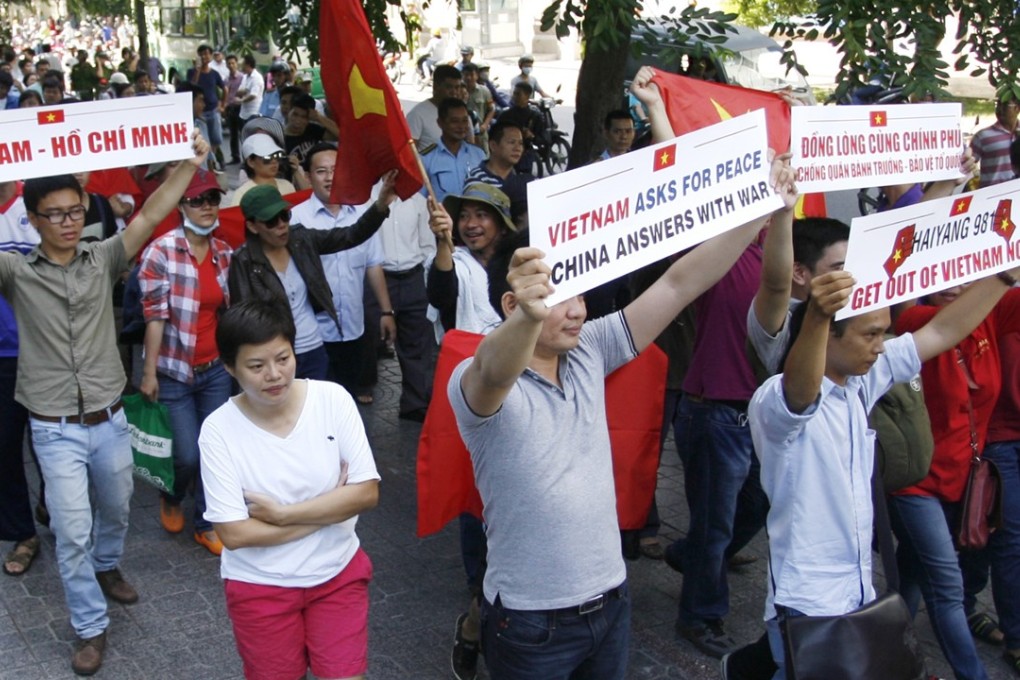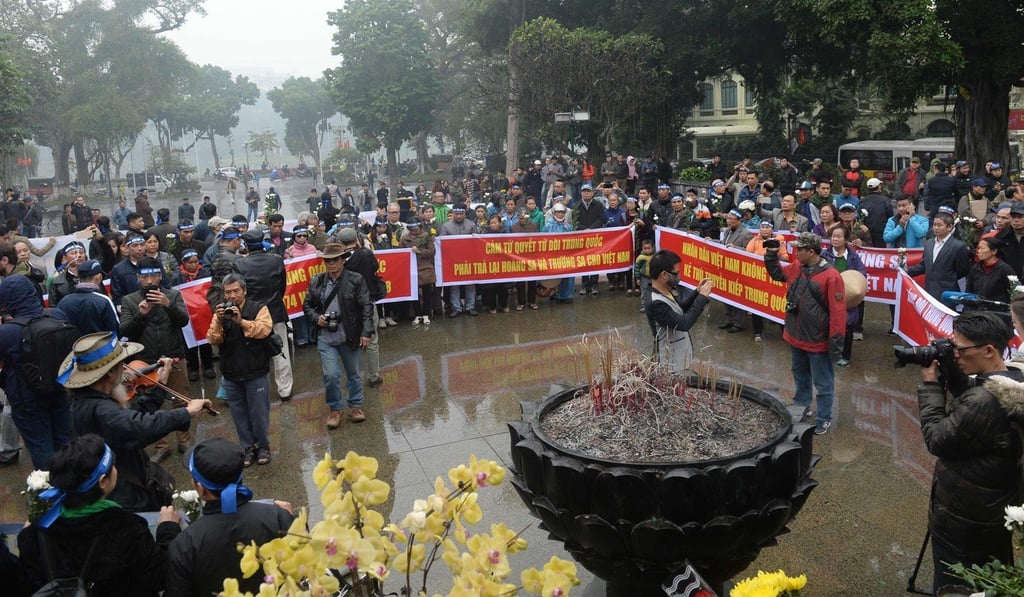Vietnamese see special economic zones as assault from China
The South China Sea dispute, along with memories of the 1979 border war, run deep in the Vietnamese national psyche, making SEZs viscerally unpopular

The Vietnamese government is confronting a rising tide of public anger as its parliament debates a controversial bill to create three new special economic zones (SEZs), raising fears of Chinese encroachment on Vietnamese soil.
Attempting to allay concerns, Prime Minister Nguyen Xuan Phuc announced on Thursday the government would adjust the 99-year time frame but did not elaborate.
“In recent days, we have listened to a lot of intellectuals, the people, members of the National Assembly, senior citizens and overseas Vietnamese,” Phuc said.

Nguyen Chi Tuyen, a Hanoi-based dissident blogger with 42,500 Facebook followers, said he rarely saw such public interest in the National Assembly, a legislature that usually acts as a rubber stamp for the Communist Party’s Central Committee.